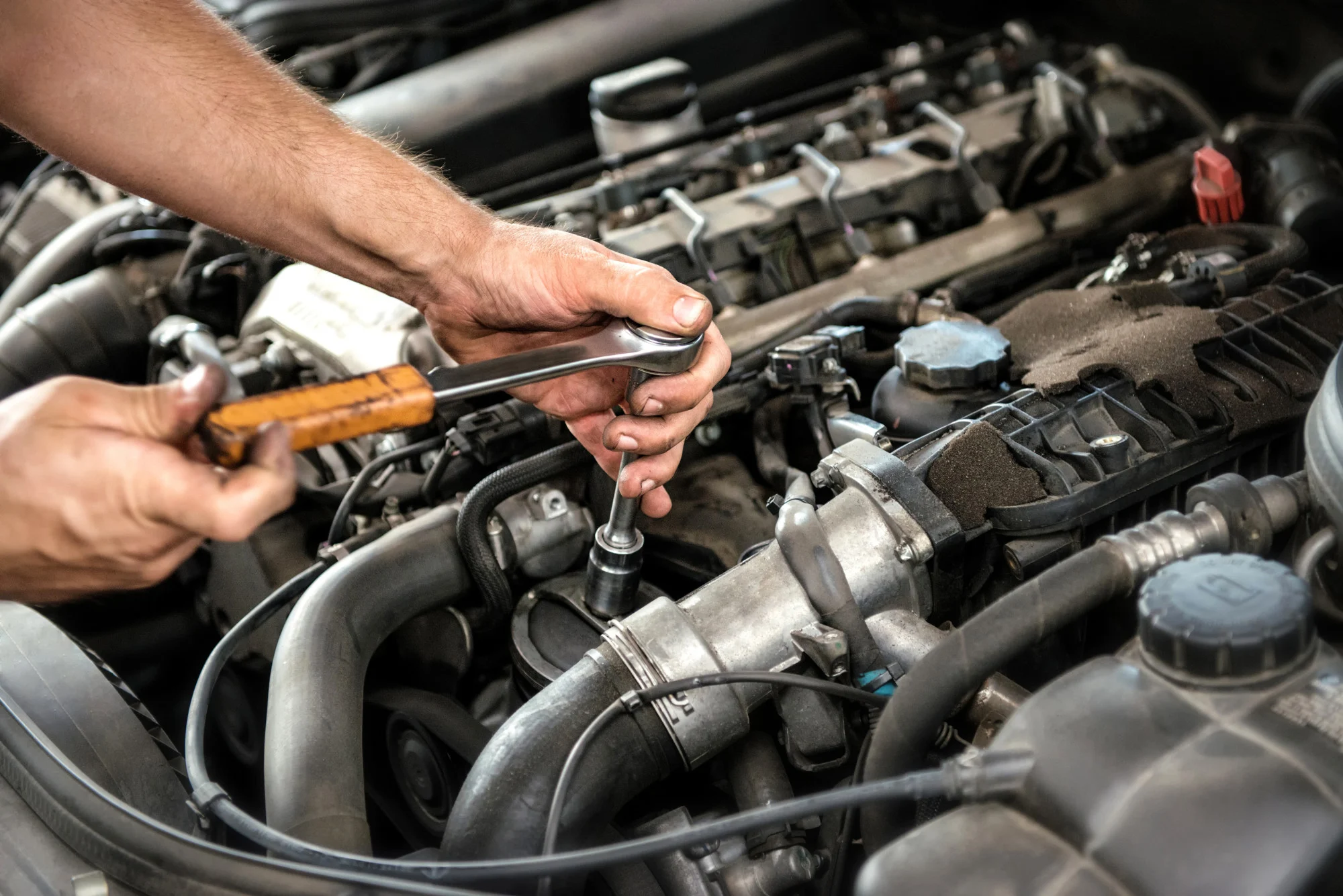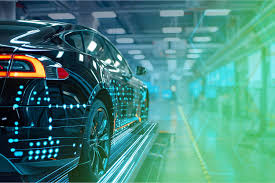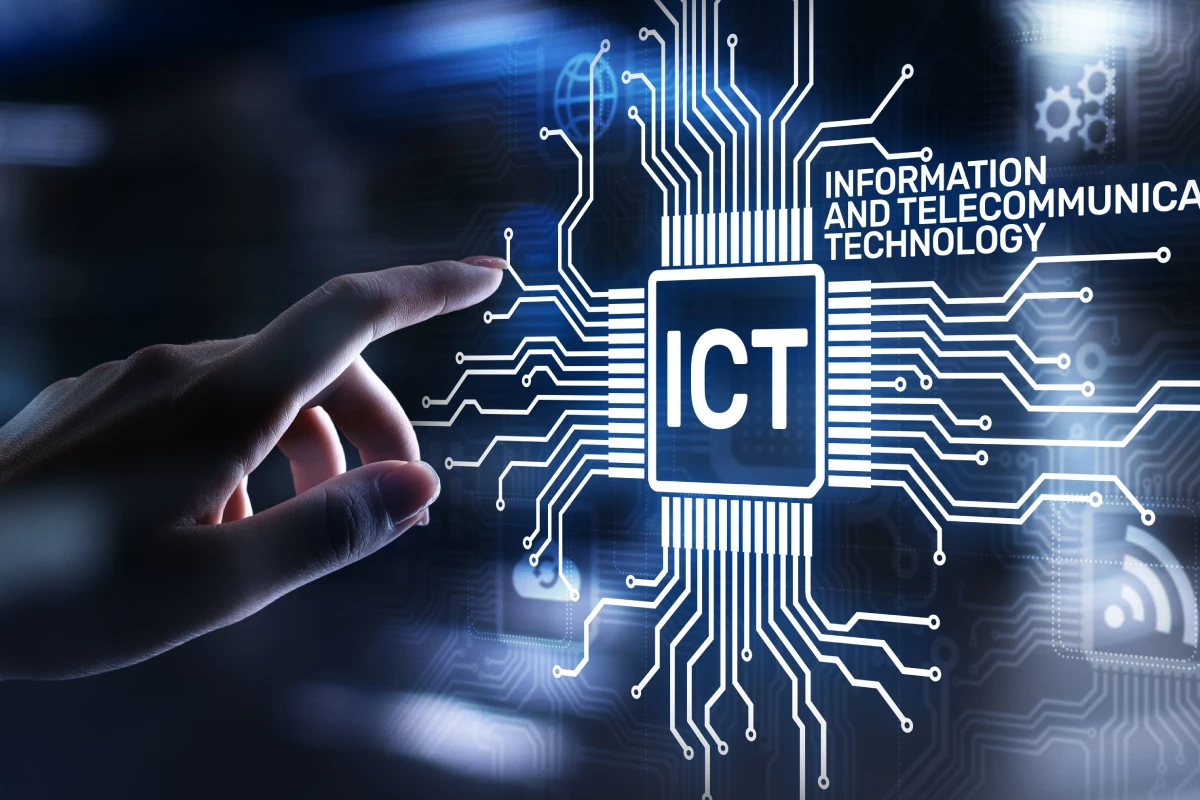
This course provides a comprehensive introduction to the principles and practices of diagnosing, servicing, and repairing modern automotive vehicles. Students will develop a strong foundation in automotive systems, including engine operation and management, electrical and electronic systems, braking systems, steering and suspension, and drivetrain components. The curriculum emphasizes the application of industry-standard diagnostic tools and techniques to identify and troubleshoot common vehicle malfunctions. Practical hands-on experience in a workshop setting will be a core component of the course, allowing students to perform routine maintenance tasks, execute component replacements, and conduct systematic repairs under the guidance of experienced instructors. Topics will include safety procedures in the automotive workshop, proper use of hand and power tools, reading technical service manuals, and understanding wiring diagrams. Upon completion, students will possess the fundamental knowledge and practical skills necessary to embark on a career in automotive service and repair or pursue further specialized training in the automotive industry.
- Teacher: Admin User


